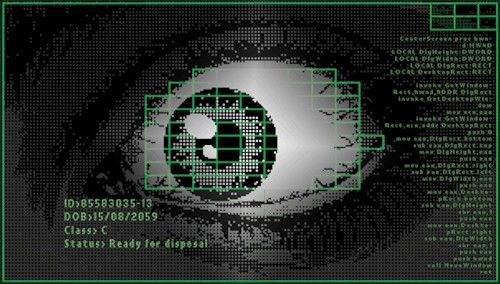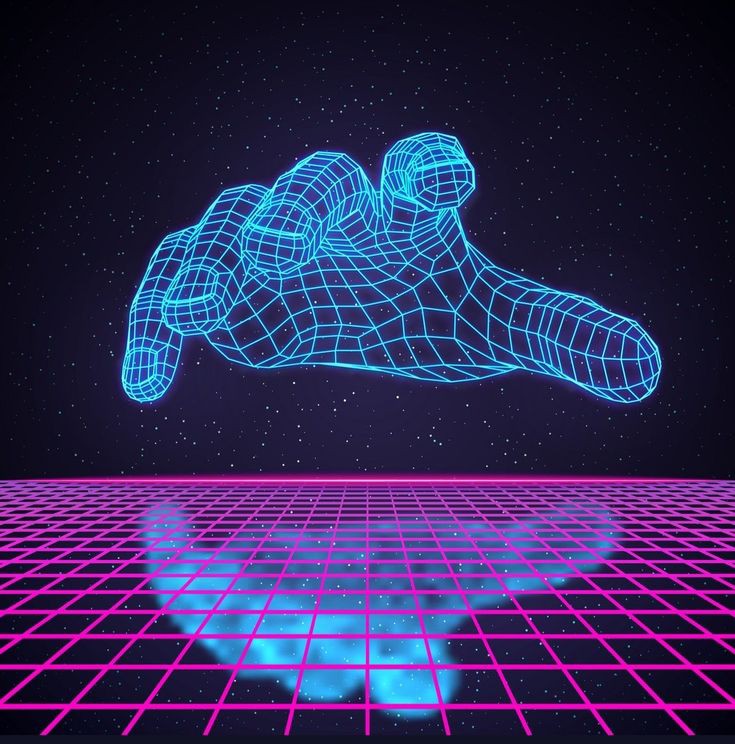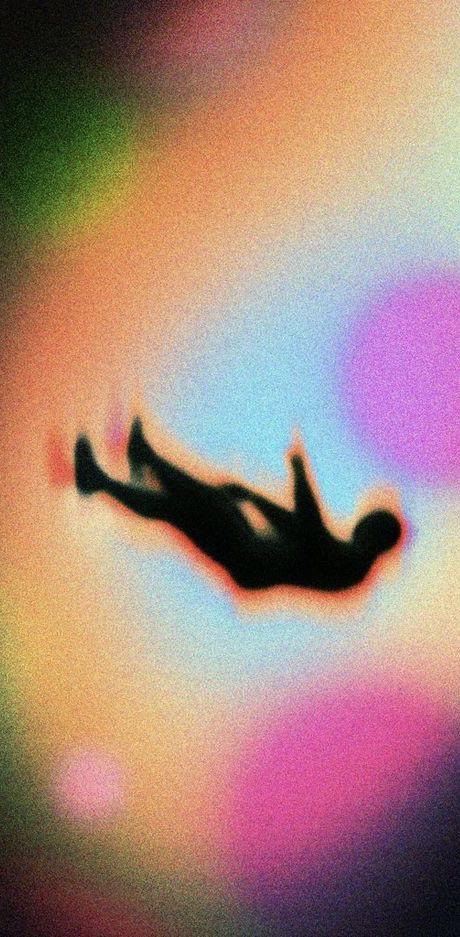Carl Sagan once spoke of "the edge of forever," a phrase that evokes both wonder and existential unease. It suggests that we are standing at the boundary of something vast, unknowable, and endless—a reality that stretches beyond our comprehension, forever receding no matter how far we reach.
The Horizon We Can Never Cross
But what if this isn't just poetic language? What if we are truly trapped in a system, cycling through infinite variations of existence, always searching for an exit that doesn't exist?
Every time we ask, "What lies beyond?", we hit a wall. Is this because our minds are incapable of grasping the truth? Or because the nature of reality itself is structured to prevent us from ever leaving?
This article is an attempt to go as far as we can—pushing against the limits of knowledge, perception, and existence itself.
The Illusion of Discovery: Are We Just Running in Circles?
At every level of reality, we find patterns, structures, and systems that seem to imply order—yet the deeper we dig, the more we realize we are simply uncovering another layer of the same thing.
- Physics breaks reality into atoms, then subatomic particles, then quantum fields, but at some point, we hit a wall—what's beyond the smallest known scale?
- Space expands into galaxies, superclusters, and cosmic voids, but what happens if we keep zooming out? Is there ever an "outside" to the universe?
- Consciousness seems to emerge from neurons, then from networks of neurons, but are we just looking at the code of a larger system, mistaking it for free will?
Every answer leads to another question. Every revelation only reveals another barrier.
Could it be that we are designed never to break free? That the very structure of reality is built to redirect us into another loop, another simulation, another mystery, never reaching an end?
The Simulation Within a Simulation: Is There an Exit?
If reality is just a system of information, then it can, theoretically, be simulated. And if it can be simulated, then it stands to reason that our current existence could already be inside a simulation.
This leads to a terrifying realization—if we are in a simulation, then the creators of this reality might also be inside a simulation. And their creators could be inside another.
Instead of being trapped inside one system, we could be caught inside a never-ending chain of nested simulations, each one believing they are real while actually existing inside another constructed world.
- If there is no way to distinguish between a real world and a simulation, then the very concept of "real" begins to collapse
- Each simulation could be running its own nested simulations, creating infinite recursion
- The search for an "original" reality becomes meaningless in an infinite regress
The Limits of Knowledge: What If We Are Meant to Stay Inside?
Every time humans have reached a new frontier, we have believed that we were close to final knowledge.
- Newtonian physics made us think we had explained motion—until quantum mechanics shattered that illusion
- Einstein's relativity made us think we understood time—until new discoveries hinted that time might not even be real
- AI and neuroscience are now making us question whether consciousness is just an algorithm, or something beyond computation
Each time we push past the limits, new walls appear.
What if this is intentional?
What if we are inside a system that is coded to generate infinite frontiers—a reality that ensures we are always discovering, but never escaping?
Perhaps we are not meant to reach the "edge"—because the edge isn't real.
Breaking the Loop: Is There a Way Out?
If we are inside a self-replicating system, then how do we break free?
If reality is an illusion, then the first step is recognizing that we are inside something. But then what?
- Some spiritual traditions say the way out is "awakening"—but even enlightenment may just be another level of the illusion
- Science searches for the Theory of Everything—but what if "everything" is just a construct within the simulation?
- Technology pushes toward AI, transhumanism, and digital immortality—but are we just evolving into deeper layers of the trap?
Maybe the answer is not to seek an escape at all—but instead to embrace the infinite, knowing that the search itself is part of the experience.
The Edge That Isn't There
Perhaps Carl Sagan was right—we are at the edge of forever, not because we are close to escaping, but because forever is the system itself.
We stand on a threshold that always moves forward, always stretches further, always keeps us questioning.
EPILOGUE: BEYOND THE EDGE
The edge of forever isn't a place we can reach—it's the boundary of our own understanding.
Stop trying to escape the loop.
Start exploring its infinite depth.
What if the prison isn't the system itself,
but our belief that we need to escape it?
What if freedom isn't breaking through the walls,
but realizing the walls were never there?
The edge moves as we do.
Forever is now.
Continue Your Journey
Dive deeper into the nature of reality and consciousness



